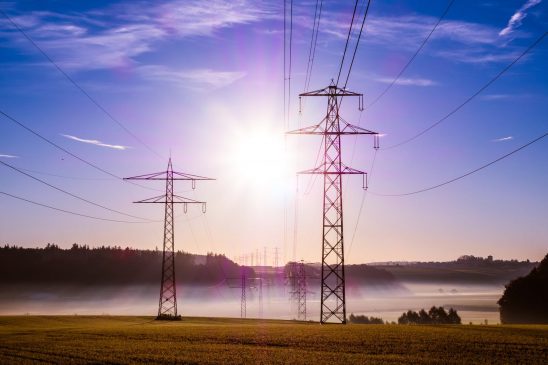Russia’s Alfa Bank Launches Blockchain Platform for Utilities Payments
February 7, 2019 by Vladimir Litvinov
Alfa Bank, a leading Russian private lender, has launched a blockchain platform for utility bill payments. Can the system, or systems like it, gain traction in the mainstream?
Also read: On the Zcash Counterfeit Flaw Fix: Questions to Ponder
Subscribe to the Bitsonline YouTube channel for great videos featuring industry insiders & experts
Blockchain Payments for the Utility Sector
The platform — created in collaboration with Kvartplata 24, a developer of cloud-based solutions for automation of municipal services — aims to improve the transparency of the utilities sector, eventually leading to a decline in unpaid utility bills.
On the platform, utility bill information will be immediately available to social security agencies that provide subsidies to low-income households. Payments will reportedly come in timelier fashion, unlike the current situation when delays in disbursing subsidies often lead to huge arrears.
Users will have real-time access to immutable and reliable information regarding their utility bills, and payments made on the blockchain will be automatically distributed between various service providers.

According to Alfa Bank, the system will be open to other local lenders, who are welcome to join it as either payment collectors or providers of utility payment services to users.
The development of the platform on R3 Corda took about six months, said Alfa Bank. The lender stressed that the platform’s main advantages are its low cost and user-friendliness. Banks willing to join won’t have to install new software, although their existing IT systems will still have to be amended to allow data exchange with the blockchain.
Alfa Bank’s new utility payments platform is likely to be in great demand as of this April, when Russia’s system of utility payments is scheduled to be amended, allowing households to sign contracts with independent service providers.
In that situation, the blockchain-based solution will facilitate ensuring that utility bills are correct and payments are sent to the right providers.
Russian Banks Are Embracing Blockchain Experimentation
In March 2018, Alfa Bank was the first Russian lender to join the R3 blockchain consortium.
In the summer of 2018, Alfa Bank, Russia’s seventh commercial bank by total asset value, successfully tested a blockchain-based international KYC solution.
Meanwhile, other major Russian banks have been actively testing blockchain-based solutions too. Last month, the state-controlled bank VTB patented a technology for blockchain payments by multiple users.
The idea of introducing blockchain to Russia’s utilities sector, which has been suffering from insufficient transparency, has been discussed in several of the country’s regions in recent years.
What’s your take? Will banks have no choice but to embrace blockchain in the decades ahead? Let us know, yay or nay, in the comments section below.
Images via Pixabay




